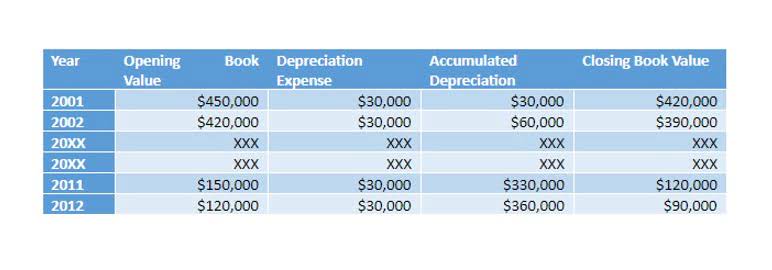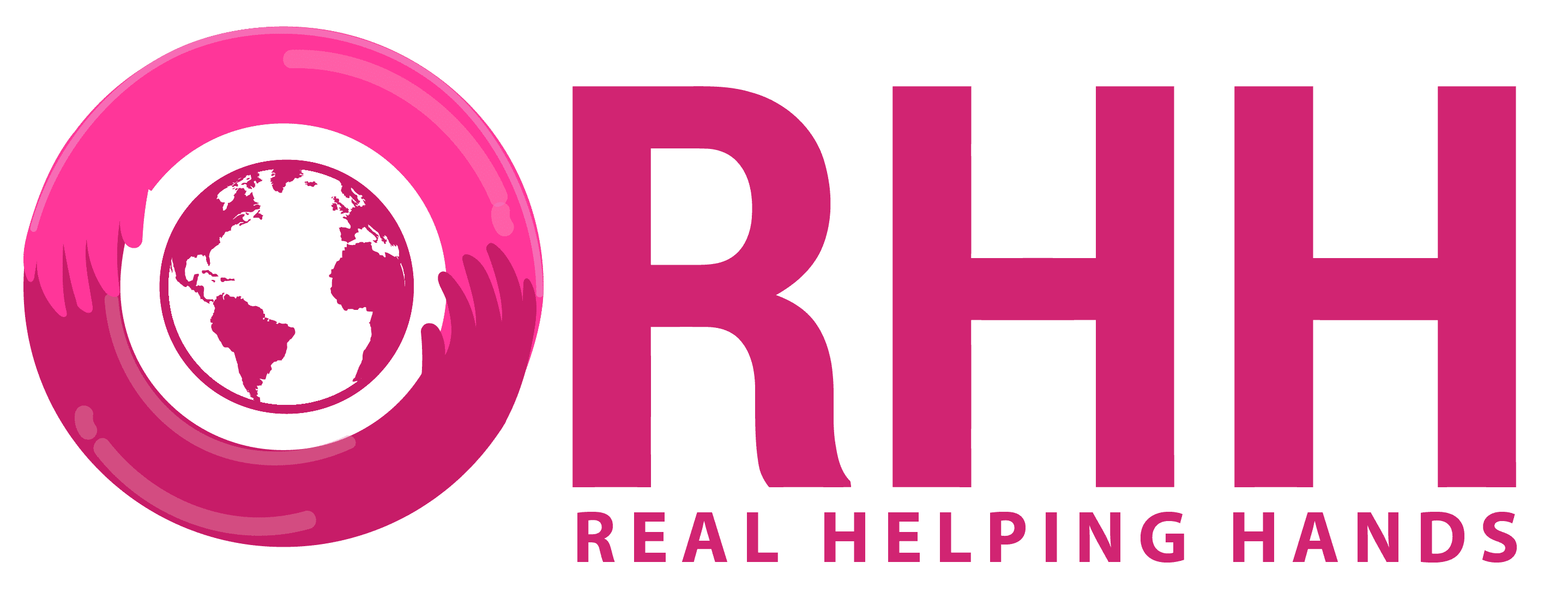16 2: Accounting in Business Business LibreTexts

In the case of Limited Liability Companies, the Cash Flow Statement is also prepared. It’s most commonly done by financial accountants to ensure that the company’s financial statements comply with the Generally Accepted Accounting Principles (GAAP) standards. Tax accountants might audit your business business accounting if the IRS notices tax incongruences, or forensic accountants if law enforcement agencies suspect financial wrongdoing. Managerial accountants, also known as management accountants, collect financial data, analyze it, compile it into reports and then present it to the company’s management.
Companies hold a certain amount of inventory, or finished products/goods, that have not yet been sold. It’s important that a company does not hold too much or too little of an unsold product or service. To ensure that doesn’t happen, a component of business accounting is managing and reviewing inventory. Choose a methodology for recording business transactions that works well for your company’s needs. Expense tracking software is an efficient, paperless method to ensure the accuracy of transaction recording. Business accounting is typically for smaller businesses rather than large corporations.
Hedge Fund Manager
A cash flow statement analyzes your business’s operating, financing, and investing activities to show how and where you’re receiving and spending money. Businesses are required to file their financial statements with the Registrar of Companies. Listed entities are required to file them with stock exchanges, as well as for direct and indirect tax filing purposes. Needless to say, accounting plays a critical role in all these scenarios. Small businesses hire accountants to advise them on their financial situation and help file taxes. Aside from handling taxes and compliance issues, they can help you optimize budgets, spot opportunities to save, and even apply for business loans.

If you’re in Canada, you’ll use a different system called International Financial Reporting Standards, or IFRS. Financial statements are reports that summarize how your business is doing financially. The good news is that with the right people, tools, and resources, accounting doesn’t have to be a black hole for your time. The frequency in which you review and evaluate your methods is bound to be unique to your specific business. However, it’s normal (and recommended) to audit your process at the end of every month, quarter, and year. This way, nothing slips through the cracks or becomes a problem that’s too large to bounce back from.
